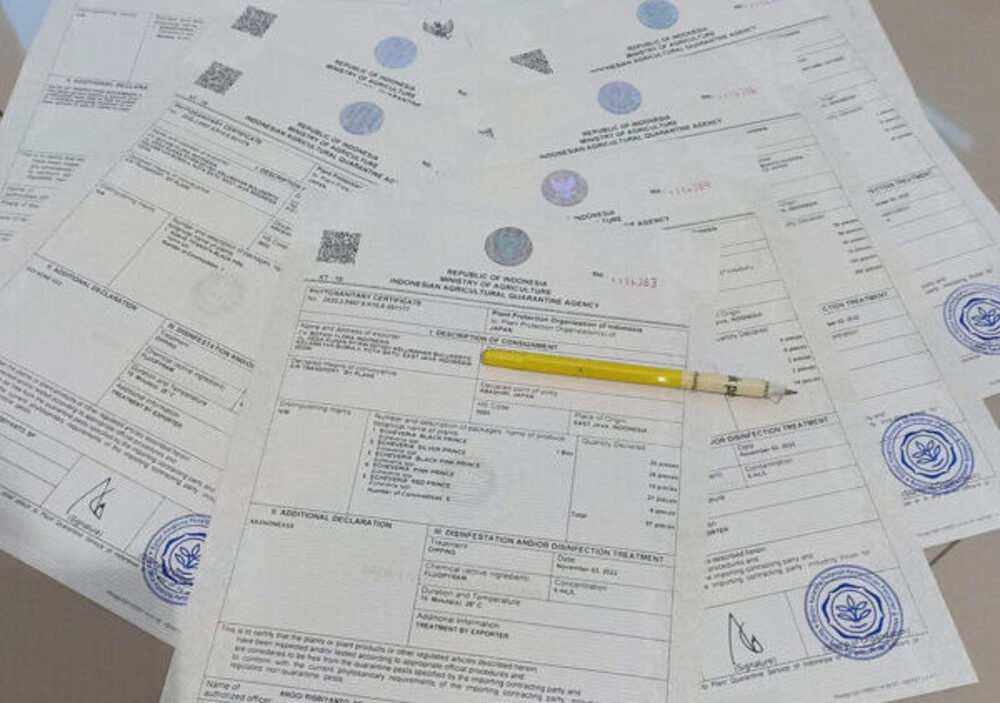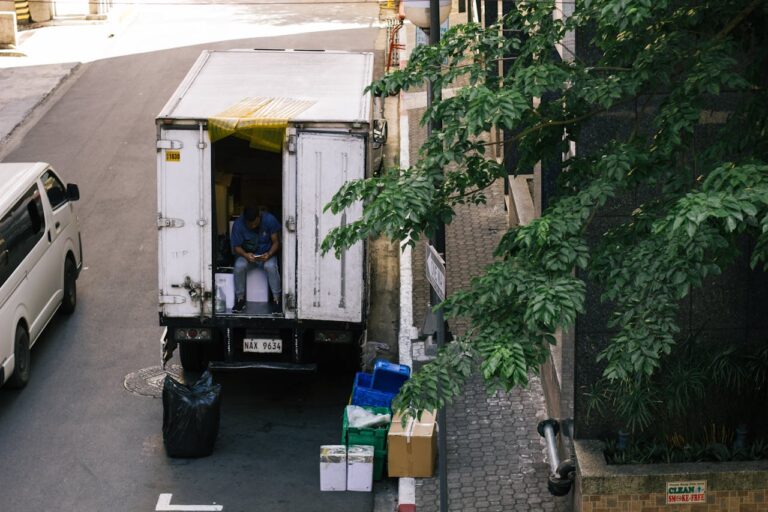Indonesia, renowned for its rich biodiversity, has become a hub for ornamental plants sought after globally. With its tropical climate, the archipelago produces a wide variety of plants that cater to international markets. Exporting these plants can be a lucrative business, but it is crucial for exporters to understand and comply with the strict regulations governing the industry. Failing to adhere to these rules can lead to legal consequences and financial losses. This blog aims to provide a comprehensive overview of Indonesia’s export regulations for ornamental plants and offer valuable insights for business owners looking to expand their markets globally.
Understanding the Regulatory Framework
The export of ornamental plants in Indonesia is primarily governed by several institutions, including the Ministry of Agriculture, the National Plant Protection Organization (NPPO), and the Directorate General of Customs and Excise. Each of these bodies has a set of regulations and procedures that exporters must follow to ensure compliance with both domestic and international laws.
1. Licensing and Permits

Before exporting ornamental plants, business owners must obtain several licenses. The first requirement is the business license for trading plants, which can be obtained through the Online Single Submission (OSS) system. In addition to the business license, exporters need to acquire an export license, which is issued by the Ministry of Trade.
The NPPO plays a significant role in ensuring that exported plants meet international phytosanitary standards. Exporters are required to apply for a Phytosanitary Certificate, which confirms that the plants are free from pests and diseases. This certificate is essential to meet the importing country’s plant health regulations.
2. Compliance with International Standards
To successfully export ornamental plants, business owners must ensure that their products meet the standards set by the International Plant Protection Convention (IPPC). The IPPC aims to prevent the spread of pests and diseases through international trade. In line with these standards, exporters must ensure that their plants are clean, free from harmful pests, and appropriately treated before shipping.
Indonesia, as a member of the World Trade Organization (WTO), also follows the rules set by the Sanitary and Phytosanitary (SPS) Agreement. This agreement ensures that the plant health standards applied to exports are based on scientific principles and are not more trade-restrictive than necessary. Exporters must stay updated with these international standards to avoid rejections or delays at customs in the importing countries.
3. Packaging and Labeling Requirements
Proper packaging is another critical aspect of exporting ornamental plants. The plants must be packed in a way that minimizes the risk of damage during transportation. In addition, the packaging should prevent contamination by pests.
Labeling is equally important. Exporters must provide clear information on the scientific name of the plant, the country of origin, and the phytosanitary treatments applied. This ensures that customs authorities in the importing country can easily verify the plant’s compliance with their regulations.
4. Restrictions on Endangered Species

Indonesia is home to many endangered plant species, some of which are protected under the Convention on International Trade in Endangered Species of Wild Fauna and Flora (CITES). Exporting CITES-listed species without the appropriate permits can lead to severe penalties. Exporters must thoroughly research whether the plants they intend to export are on the CITES list and apply for the necessary permits if required.
5. Export Taxes and Duties
In addition to complying with plant health regulations, exporters must be aware of the taxes and duties imposed on ornamental plant exports. These taxes vary depending on the plant species and the country of destination. Understanding these costs in advance can help business owners price their products more accurately and avoid unexpected expenses.
6. Challenges in the Export Process
While the export market for ornamental plants is promising, it is not without its challenges. Exporters often face issues such as fluctuating demand, transportation delays, and stringent import regulations from foreign countries. It is essential for business owners to stay updated on market trends, build strong relationships with international buyers, and ensure that they have contingency plans in place to mitigate risks.
The Role of Noethera Studio in Supporting Your Export Business
Expanding into the global market requires more than just complying with regulations; it demands a strong digital presence that can reach international clients. At Noethera Studio, we specialize in creating customized digital solutions that cater to businesses in the agricultural sector, including ornamental plant exporters. Our services include website development, SEO optimization, and digital marketing strategies that can help you showcase your products to a global audience.
By partnering with Noethera Studio, you can ensure that your business not only meets export regulations but also stands out in the competitive international market. Let us help you build a digital platform that drives growth and positions your business for long-term success.
Contact Noethera Studio today to learn how we can support your ornamental plant export business and take it to the next level.







